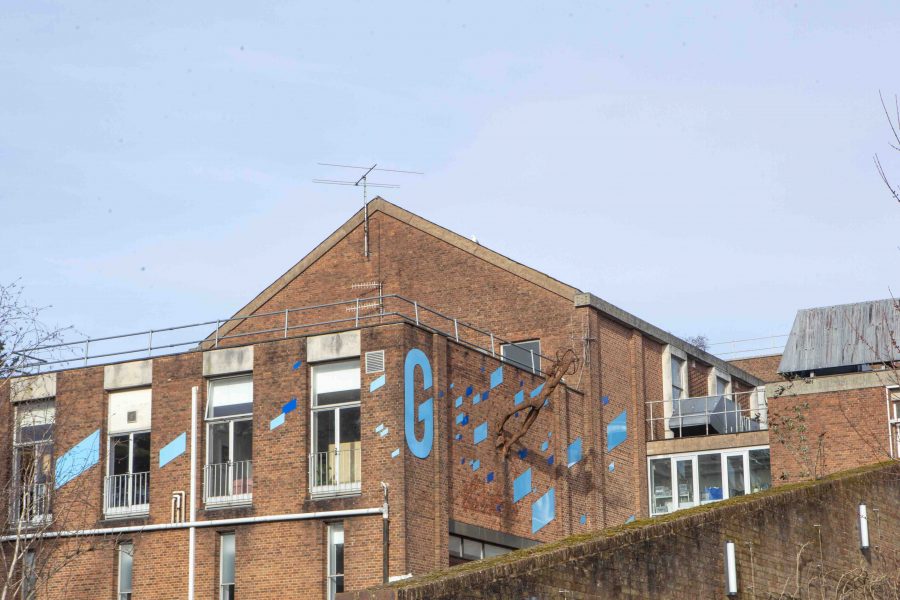2023 Students’ Guild elections: Exeposé’s verdict

Guild President
The Guild President race this year has six candidates making it a busy yet highly contested race. Candidates gave a flavour of some of the policies they would enact with the cost of living being a key issue that nearly all of them highlighted. Candidates also underlined the importance of connecting with students to listen to and represent their views. When asked about the biggest challenge they would face, candidates consistently referred to the likely opposition they would face when trying to enact change within the Guild — this view was even held by a current officer. While some candidates talked about representation and financial support, one candidate spoke about their desire to build a new ship, find a crew and protect students against scurvy. Certainly, this will be a race that will raise a wide variety of policies and issues, and who knows? We might be under the rule of a ‘Pirate King’ come the next academic year.
AU President
The contest for the position of AU President features three candidates. Each candidate spoke about engaging more people with sport at the University with one talking about the positive effect it can have on wellbeing. One candidate suggested establishing new events and altering the calendar to allow more people to get involved. The candidates also addressed the issue of supporting both men’s and women’s sports and ensuring that both sports are viewed equally as sports rather than being men’s or women’s. Speaking on combatting toxic cultures in AU societies, the candidates proposed engaging with society committee members and challenging the culture through leadership across the AU. One candidate spoke about creating an AU-wide culture and suggested encouraging people to mix with other sports to support a greater sense of community across all clubs. It is likely similar issues to these will continue to be raised during the race and the eventual winner will be faced with a sizeable task.
Communities & Equality Officer
The election of the next Communities & Equality Officer will break new ground as it is the first of the three new roles that we’ll look at. There will be a number of issues facing the winning candidate with each contestant highlighting the need to connect and engage with the student community. The candidates discussed how some students had been left out of the conversation with one discussing the importance of focusing on master’s students, and the other highlighting the need for representation in the Guild. Each candidate also discussed their own experiences and how they would bring this to the role. Overall, as a new role, the eventual winner will have a large impact on defining the role and how this shapes out is yet to be seen.
Societies & Employability Officer
While we were only able to speak to one of the candidates running for the role of Societies & Employability Officer, the issues raised and the ones that exist make it a crucial role for societies going forward. We spoke to Rhys Wallis, who discussed the recent issues societies had faced with the room booking system — something that many societies have struggled with over the academic year. Wallis also discussed the challenge of balancing the needs of all the different societies on campus which he suggested could be a difficult task due to the sheer number of them. He also mentioned his frustration with the short campaigning period (with physical campaigning taking place between February 20th and February 23rd). Wallis did not mention the ‘Employability’ aspect of the role and again, as this is a new role, the eventual winner will have a large impact on defining the role.
Education Officer
While the position of Education Officer is uncontested, the issues raised by Alex Stanley will be important to the student population and this race will likely serve as a way to publicise his proposed changes. The University’s decision to change the self-certified mitigation from seven days to three was a key issue that Alex brought up. He also listed his key policies which included the change on self-cer- tified mitigation and also allowing part-time jobs as evidence for mitigation. Alex also proposed ditching Saturday exams and introducing an opt-out option for exams or modules. He also spoke about his desire to introduce a fairer late submissions policy and bring in newly trained academic wellbeing officers. Speaking on the recent UCU strikes, he suggested that the University should hold a referendum for students on whether they should be supporting the strikes or not.
Student Living Officer
Similarly to the previous role, we were only able to speak to one of the candidates for this position and while the other ‘new’ roles have existed in some form before, the position of Student Living Officer is completely new. We spoke to Pip Shaw who told us about her own personal experiences of finding housing, suggesting that the Guild should provide an advice platform and also possibly a lecture for those wanting to find a house. She also raised the importance of students being aware of HMO housing regulations and standards. Shaw also spoke about night safety and how she believed Campus Security could be put to better use protecting students at night. Student Living is a key area that the Guild has looked to focus on and, yet again, it will be interesting to see what impact the new officer will have in the next academic year.


